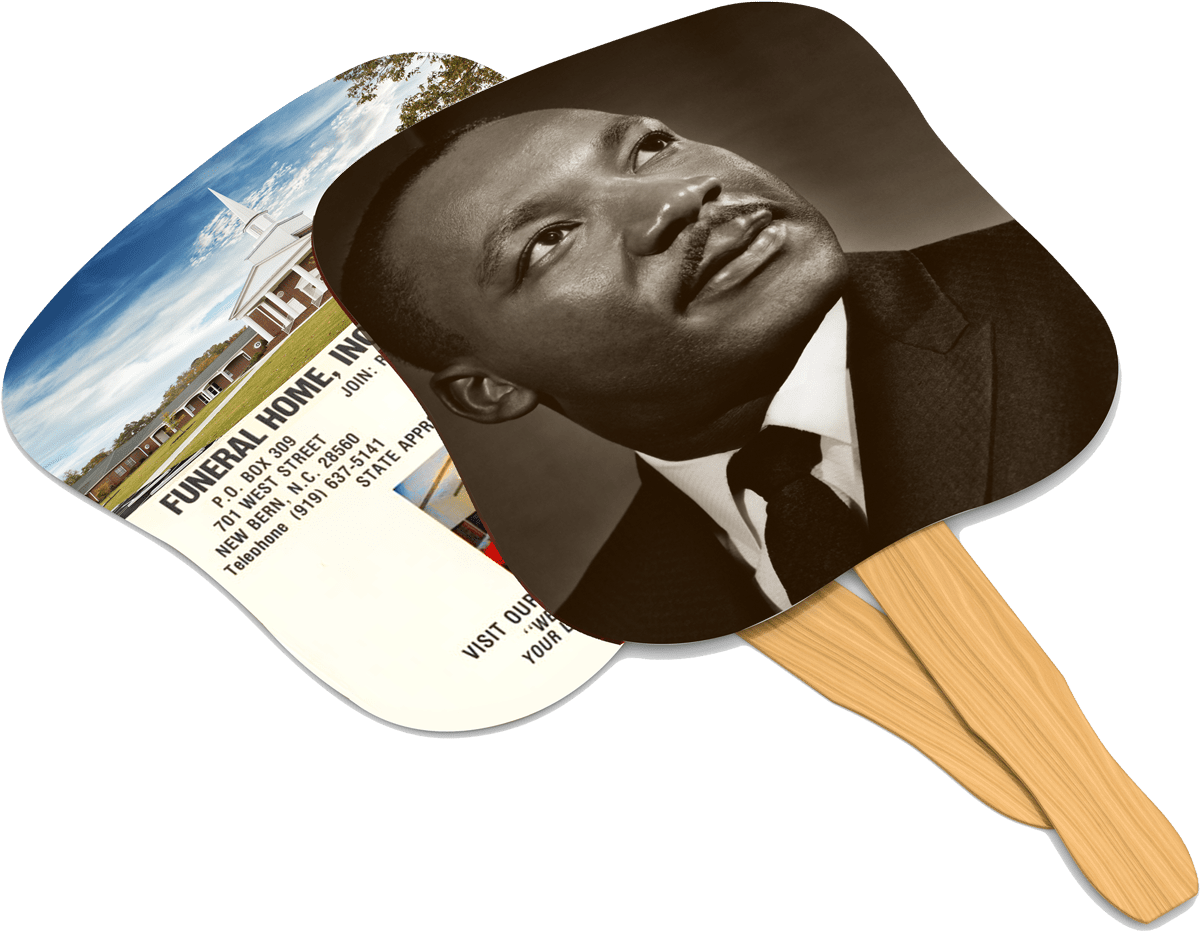

I needed more real-life experience, and what I learned that summer taught me to thrive in the midst of grief.


t was the summer of 1993 when my grandfather died. I had just finished my second year at a private (and very expensive) college and was transferring to a much less expensive public university. My brothers and I got the news that he was literally on his deathbed and had only days left to live. If we wanted to make our peace with him and say our goodbyes, we needed to come—and come quick! I was devastated—my grandfather was my world. He was my hero and the only grandfather I’d ever really known and loved. He lived his entire life in Puerto Rico and at the time, I lived near Chattanooga, Tennessee.
I remember being in my dorm room and getting the news, losing all feeling in my arms and legs, falling to the floor, and dropping the phone on the cement floor, hearing the hollow thud reverberate down the concrete block hallway. I felt nauseous and dizzy. My roommate came running down the hall and must have asked me several times what had happened, but I was too stunned and numbed for words. He just sat down next to me—silent. Both of us, helpless.
The next day was a frenzy of packing and traveling. I remember meeting up with my younger brother in Atlanta and flying down to Puerto Rico together, but it was like we were a million miles apart—each one drowning in our own grief and loss.
Several hours after my grandfather’s death, on the same day that he died, I had a vivid dream about him, where he and I shared an intimate life memory, and he imparted departing words of comfort, love, and wisdom. In my further studies, I would come to learn that this was a very common occurrence with people who were facing the death of someone whom they knew and loved—especially family members. In fact, in my Puerto-Rican/Caribbean culture, this is very common—and a person’s spiritual perspective has no bearing upon this phenomenon.
Looking back on that interaction and what was happening in my own life, prior to my grandfather’s death, I didn’t have a relationship with God. During that time of my life, I was consciously and purposefully choosing to sample all that the world had to offer. However, even in the midst of all the shock and grief that I was experiencing, I know that what I saw was no dream or vision or hallucination.

My grandfather’s death devastated me. To be honest, it almost destroyed me. Through it all I learned the real truth about the questions that we all ask about the death of our loved ones, questions like:
- Where are my relatives who have passed away?
- What happens to people when they die?
- Why do so many people think that they are in heaven?
It’s been said that death is a natural part of life, but, to be honest, death is a normal, but not natural part of life. There’s nothing natural about death. In fact, when God first created humanity, he did so with dirt!
“Then the Lord God formed the man from the dust of the ground. He breathed the breath of life into the man’s nostrils, and the man became a living person: . . .” (Genesis 2:7, NLT).
We were never meant to die. It was only after we sinned that we died. “By the sweat of your brow will you have food to eat until you return to the ground from which you were made. For you were made from dust, and to dust you will return” (Genesis 3:19, NLT).
WHAT HAPPENS WHEN WE DIE?
“The living at least know they will die, but the dead know nothing. They have no further reward, nor are they remembered. Whatever they did in their lifetime—loving, hating, envying—is all long gone. They no longer play a part in anything here on earth” (Ecclesiastes 9:5-6, NLT).
Simply put: “When they breathe their last, they return to the earth, and all their plans die with them” (Psalms 146:4, NLT).
“THEY’RE LOOKING DOWN ON US RIGHT NOW…!”
That’s what makes them feel warm and fuzzy; just like that slice of triangular, fat-laden, cheesy goodness that comes out of a square-shaped box–it’s all about comfort!
During a time of crisis, drama, trauma, and uncertainty, we all seek to find peace; to find some way to make sense of the sense-less. What better way to bring ourselves comfort and peace than to think that our loved ones are in heaven, at peace, and watching over us—or some version of this belief.
I don’t know about you, but this perspective doesn’t bring me much joy and peace. Imagine, how much joy and peace could your loved one be experiencing, watching the ones they know and love grieve their death? If that were you, looking down on them all, would you be able to live in “The Great Beyond”?
Or, here’s a question: Would you be able to get beyond experiencing the people who knew and loved you grieve the loss of losing you?
Do you see the problem with this perspective? From a simple, logical, relational, and emotional perspective, it simply doesn’t make sense; not to mention, that’s it’s simply not an accurate biblical perspective.
WANT REAL PEACE?
“For God so loved the world, that he gave his only Son, that whoever believes in him should not perish but have eternal life” (John 3:16, ESV).
“Because, if you confess with your mouth that Jesus is Lord and believe in your heart that God raised him from the dead, you will be saved” (Romans 10:9, ESV).
- Believe in the name of Jesus Christ.
- Recognize that you are a sinner in need of a Savior.
- Acknowledge the penalty for sin is death.
- Ask God for forgiveness and repent from your sin.
- Accept Jesus as your personal Savior and follow him.
Once you’ve accepted Jesus as your personal Savior, it’s important to live a life as Christ lived in response to what God has done for you. We want to be like Jesus—not as a means of salvation but out of our love for Him.
Living a life in Jesus can, and will, give each of us joy, peace, and security, both now and in the future. Today, we can live a life of peace, power, joy and purpose. Today, we can prepare for a true happy “Homegoing!”